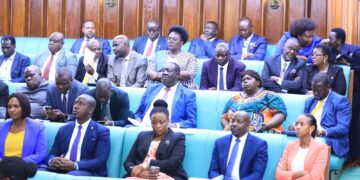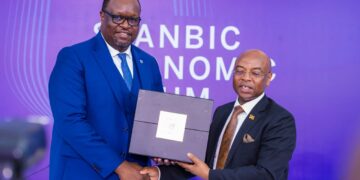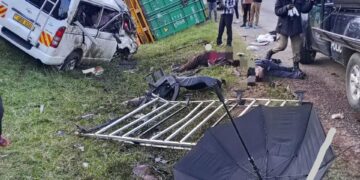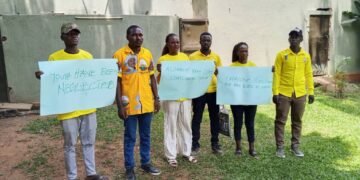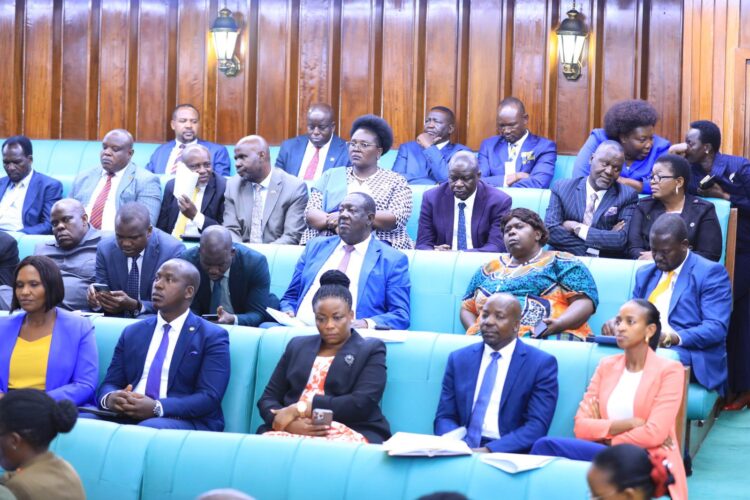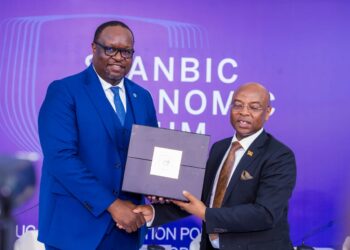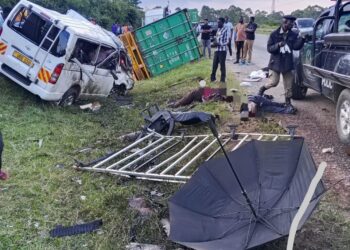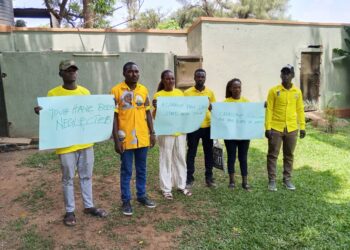By Leonard Kamugisha Akida and Charlotte Nyebaza Kagumaho,
KAMPALA
Opposition Members of Parliament have threatened to challenge the recently passed UPDF Amendment Bill, 2025 in court, citing constitutional concerns and procedural irregularities.
The Leader of the Opposition, Joel Ssenyonyi, accused the ruling National Resistance Movement (NRM) of disregarding proper legislative procedures and acting in contempt of a Supreme Court ruling that declared the trial of civilians in military courts unconstitutional. The opposition also criticized the bill’s drafting process, claiming it lacked adequate public consultation.
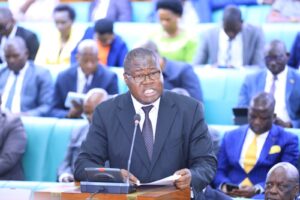
On Tuesday, Parliament passed the Uganda Peoples’ Defence Forces (Amendment) Bill, 2025 during its second and third readings, with minimal changes. The Bill reinstates the jurisdiction of the General Court Martial to try civilians.
The 143-page legislation, tabled by Defence Minister Jacob Oboth Oboth, represents a comprehensive overhaul of the existing UPDF Act. It introduces 84 clauses, including structural reforms within the Defence Forces and the controversial provision granting military courts jurisdiction over civilians.
“The Committee examined this matter and concludes that the trial of civilians by military courts should occur only in exceptional circumstances, ensuring that a fair trial is guaranteed,” said Hon. Wilson Kajwengye, Chairperson of the Defence and Internal Affairs Committee, while presenting the majority report in support of the Bill.
However, a minority report presented by Hon. Moses Okot Junior opposed the legislation, arguing that it contradicts the Supreme Court’s decision in Attorney General vs Hon. Michael Kabaziguruka, which declared the trial of civilians in military courts unconstitutional, except under narrowly defined exceptions.
“Granting the General Court Martial powers to try capital offences such as murder and treason effectively elevates it to the same level as the High Court, which is unconstitutional,” Okot told the House. He also criticized the Bill for inadequate public participation and called for its outright rejection.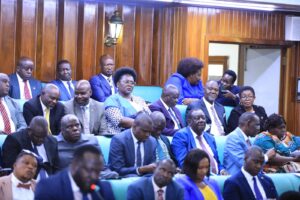
During the debate, MP Muhammad Nsereko proposed the deletion of Clause 30, which introduces Section 117A. The clause defines broad categories of civilians who may be tried by military courts, including those found in possession of military equipment, individuals aiding military personnel in crimes, and contractors or persons engaged with the military. His motion was defeated.
Nsereko also opposed Clause 38, arguing that it grants the General Court Martial parity with the High Court, in violation of the constitutional structure of the judiciary. This motion, too, was rejected.
